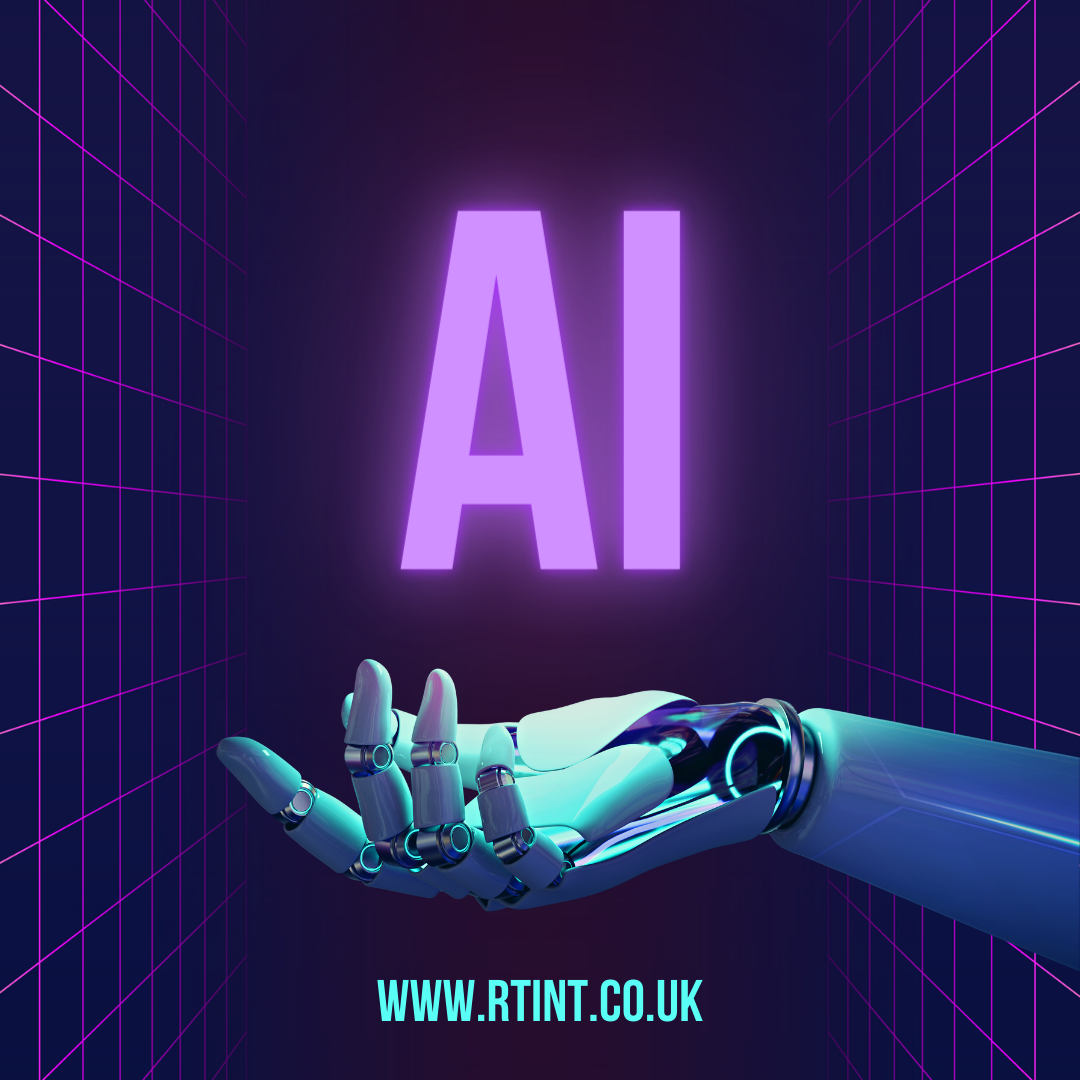Unraveling the Boundless Potential of Artificial Intelligence across Industries
Introduction:
In the ever-evolving landscape of technology, artificial intelligence (AI) has emerged as a transformative force with boundless potential. AI’s ability to simulate human intelligence through machine learning algorithms has led to significant advancements across various industries, promising to revolutionize the way we live and work. In this blog, we will explore the latest developments in AI and delve into its potential impact across diverse sectors.
1. AI in Healthcare:
The healthcare industry stands to gain immensely from AI integration. From disease diagnosis and personalized treatment plans to drug discovery and patient care, AI-powered systems can analyze vast amounts of medical data and make accurate predictions. This empowers medical professionals with valuable insights, leading to improved patient outcomes and more efficient healthcare practices.
2. AI in Finance:
In the financial sector, AI is transforming the way transactions are conducted and risks are managed. Advanced AI algorithms can predict market trends, optimize investment strategies, detect fraudulent activities, and enhance customer service through chatbots and virtual assistants. With AI’s ability to process large datasets in real-time, financial institutions can make well-informed decisions promptly.
3. AI in Manufacturing:
AI’s integration into manufacturing processes is paving the way for the Industry 4.0 revolution. Smart factories with AI-driven automation and robotics can optimize production lines, reduce downtime, and ensure predictive maintenance. This results in increased efficiency, reduced operational costs, and improved overall productivity.If you are looking for bracelet. There’s something to suit every look, from body-hugging to structured, from cuffs to chain chain bracelet and cuffs.
4. AI in Transportation:
The transportation industry is on the cusp of a major transformation with AI at its core. Self-driving cars and AI-powered traffic management systems promise safer roads, reduced traffic congestion, and lower emissions. Additionally, AI-driven predictive maintenance in aviation and railway sectors ensures smoother travel experiences for passengers.
5. AI in Education:
The education sector is embracing AI to personalize learning experiences for students. AI-powered adaptive learning platforms can identify individual learning styles, strengths, and weaknesses, allowing educators to tailor their teaching approaches accordingly. Furthermore, AI chatbots can provide instant assistance and support to students, improving engagement and retention rates.
6. AI in Retail:
AI is redefining the retail landscape through enhanced customer experiences and personalized marketing strategies. AI-powered recommendation engines analyze consumer behavior and preferences, offering product suggestions that align with individual interests. Additionally, AI-driven inventory management ensures optimized stock levels, reducing wastage and increasing profitability.
7. AI in Agriculture:
With the world facing challenges in food security, AI is playing a vital role in modernizing agriculture. AI-driven drones and sensors can monitor crops, soil conditions, and weather patterns, enabling precision farming practices. This, in turn, increases crop yields, reduces resource consumption, and promotes sustainable agricultural practices.
Conclusion:
The future of AI in tech is undeniably promising, with the potential to revolutionize industries across the board. From healthcare and finance to manufacturing and education, AI’s integration brings forth a new era of efficiency, innovation, and improved quality of life. As we continue to explore and harness the full potential of AI, it is crucial to strike a balance between ethical considerations and technological advancements to ensure a brighter, AI-driven future for humanity. Embracing AI responsibly and innovatively will undoubtedly shape a world where the impossible becomes possible.




